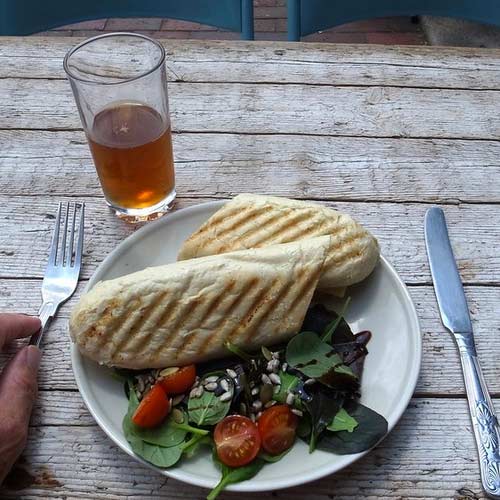Travel and subsistence has always been allowed as a tax-deductible expense as long as it was wholly and exclusively for business purposes. Sole traders can claim travel, accommodation and food costs for any business activity that isn't part of a regular day-to-day commute. Limited companies also enjoy the same deduction capability - but are also limited to things that aren't regular day-to-day commutes. So, what is a day-to-day commute? It depends on how the workplace is classed.
If an employee or contractor attends a workplace for a limited duration or for a temporary purpose, then under the Taxman's definition that is classed as a 'temporary workplace'. Costs incurred in travelling to/from a temporary workplace and food/accommodation while in attendance are tax-deductible expenses.
It's not a simple as that unfortunately. HMRC introduced the '24 month rule' as a test for what is considered a temporary workplace.
A workplace is temporary (and not classed as permanent) if:
- Contract is for less than 24 months, or expected to be less than 24 months.
- Contract length is undetermined.
- Contract is for more than 24 months but continuous work at the location requires less than 40 percent of your time.
A person with a permanent contract of employment would not be able to claim anything unless they were sent off-site (the permanent place of work) and were off-site for less than 40 percent of the time. Then they could claim expenses incurred while off-site. A contractor or sole trader who is inside IR35 (deemed to be an employee) is bound to the same rules as someone with a permanent contract.
A sole trader, or contractor outside IR35 will very likely pass the 24 month rule as contracting is temporary in nature and all expenses incurred as part of the work will be allowable against tax on income.
Tax-deductible expenses incurred while at a 'temporary workplace' include:
- Travel costs - fuel, parking, fines, tolls, tickets, congestion charge
- Accommodation - overnight costs
- Food and drink
- Trains, buses, tube etc.
- Use of office services such as business centres for phone calls/printing.
The sole trader will save tax at their marginal rates, while a limited company will get reduce the amount of profit liable to corporation tax (currently at 19%).

